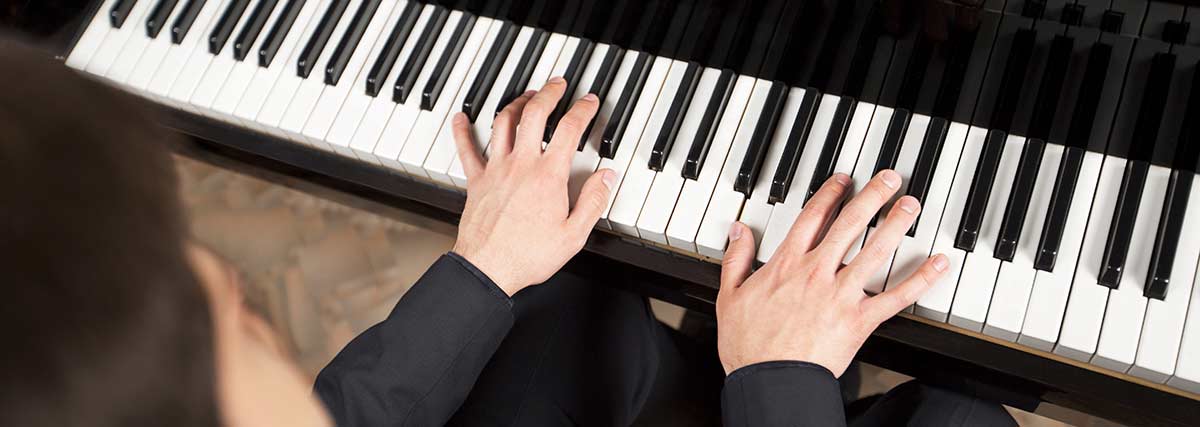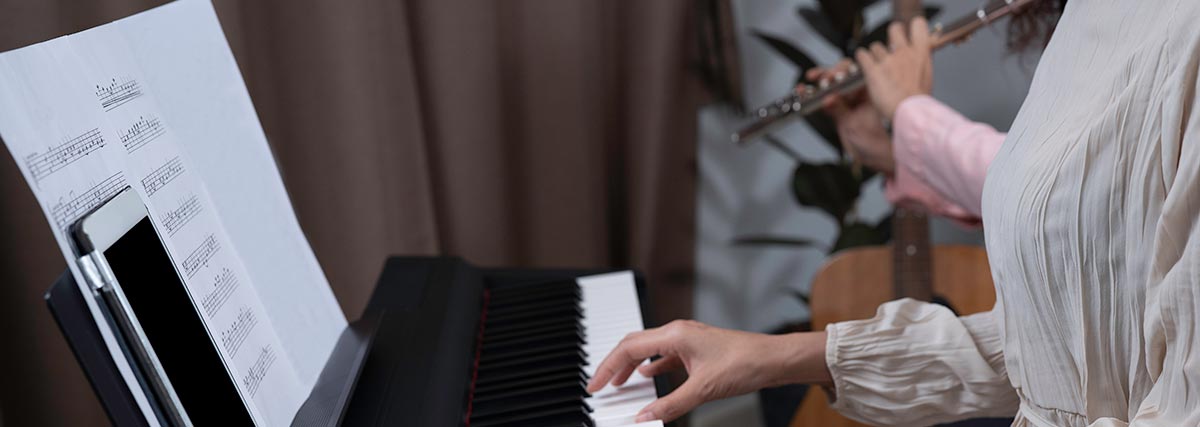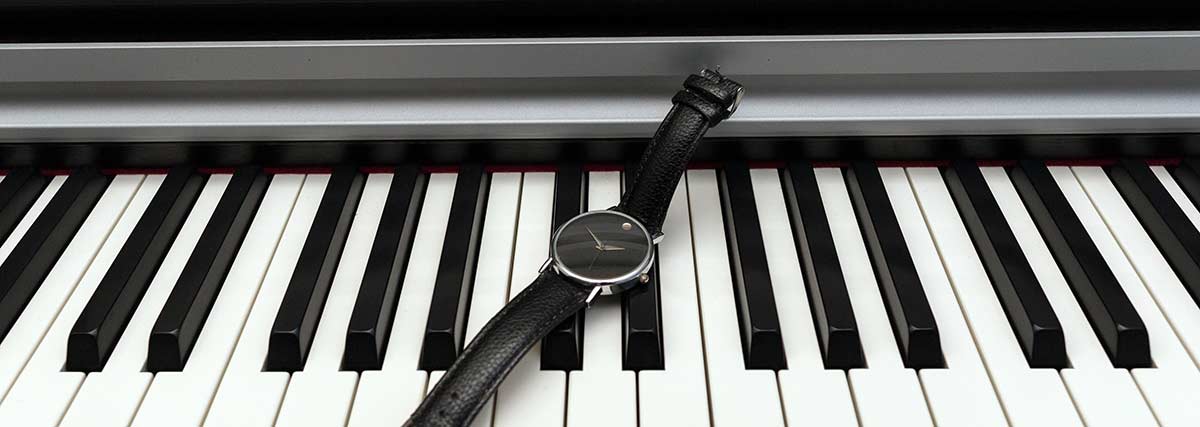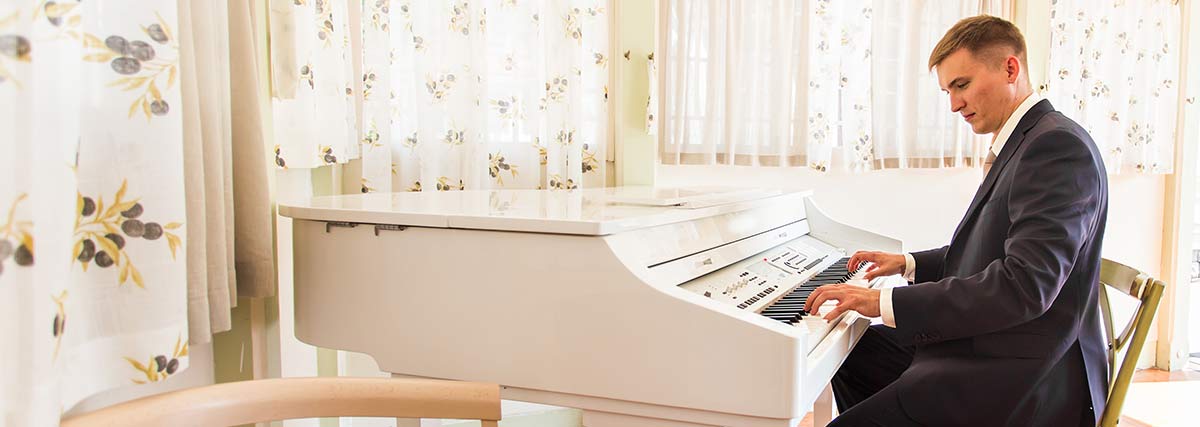The piano is an incredible and wonderful musical instrument. Many generations want to learn it because it is one of the most popular instruments. There are countless enthusiasts who want to learn and play the piano, ranging from very young children to adults. This instrument is not as difficult to learn as some people believe. It may take some time to master it, but it will undoubtedly be enjoyable and worthwhile.
If you’re wondering why so many people are interested in playing the piano, keep reading because we’ll be discussing fun trivial facts about why the piano is a very interesting and beneficial instrument to learn.
Versatile Instrument
The piano is so versatile that it can be used to create almost any type of music. You can play anything from the Baroque era to today’s modern and pop music. The possibilities are almost endless. There are numerous songs and pieces that have piano arrangements, even if they were not originally composed for the piano. Music is a truly amazing art form that allows each song to be played on a variety of instruments.
Improves Hand and Body Coordination
Playing the piano is a great way to exercise not only your hands but also the rest of your body. When you play the piano, you use your lower body for balance, as well as your head and eyes to read notes and look at the keys. There will be times when you need to pay attention to the keys you press because there are passages from pieces with a lot of leaps and skips, especially the advanced ones. That is why it is beneficial to memorize advanced pieces so that you can focus more on the execution without instead of having to refer to the music sheet.
Because you will be required to use all of your fingers, playing the piano is an excellent way to improve your fine motor skills. It aids in the development of your finger dexterity as you play the instrument. There are numerous exercises that will strengthen your fingers, which will be extremely beneficial when executing technically difficult passages.
Harmonisation and Polyphony
What exactly are harmonisation and polyphony? Harmonisation is the use of two or more tones to produce sounds that are either pleasant or unpleasant. Polyphony occurs when two or more melodies are played simultaneously. One of the benefits of the piano is that it can produce multiple notes at the same time, allowing you to create harmonies. You can create as many tones as you have fingers.
Accompanying Instrument
In Western music, the piano is the most commonly used accompaniment instrument. It is frequently used to accompany solo instruments such as the violin, flute, cello, oboe, singer, or even a choir. Because the piano is so versatile, it is also used in conjunction with other instruments. There are pieces written for a variety of instruments, including the piano, such as a piano trio or a piano quintet. Even another pianist can be accompanied by a pianist. Piano duets, for example, or orchestral arrangements for piano to accompany solo piano concertos.
New Language
Learning to read music is similar to learning a new language. You will learn a plethora of symbols and signs that are extremely fun and enjoyable to interpret. Learning music teaches you how to read notes on the staff, which is composed of five lines on which notes are written. The piano is unique in that you will learn to read notes on two staffs, the treble clef and the bass clef. Which are diametrically opposed to one another. The notes on the treble clef are found in the higher register of the piano, while the notes on the bass clef are found in the lower register. As a result, it’s as if you’re reading a language in two different ways. You’ll be amazed at how the brain works once you learn to read and play piano music. Not only will you read notes on two staffs, but you will also use both hands to press keys and make sounds. You may also be required to press the keys with a specific articulation at times. It’s a great way to work on your motor skills.
Improves Discipline and Time Management Skill
Learning to play the piano will undoubtedly put your time management and discipline to the test, as you will be required to practise in between lessons. Piano learning takes time in order to progress and see significant results. For beginners, practice should be done at least 20 to 30 minutes per day. Long periods of practice are not required if you are just beginning to learn the piano. What is important is that the practice be fruitful. Because if you practise for a long period of time and there is no productivity, your efforts will be in vain.
If you are an adult beginning to learn the piano, you must learn to manage your time because it is understood that being an adult comes with a lot of responsibilities. And, if you truly want to improve your piano playing, you should manage your practice time on a regular basis. It may be difficult at first, but if you can get used to it, you will notice that your piano playing improves.
Aside from the facts mentioned above, there are numerous intriguing aspects to learning the piano. There are numerous advantages to be gained as well. The piano is not only a beautiful instrument, but it is also an extremely important instrument to learn. It is one of the most widely studied instruments on the planet. If you’re wondering why, the answer is simple: take piano lessons! You will undoubtedly learn a great deal not only about the instrument but also about yourself. So, what are you holding out for? Begin your piano lessons and prepare to have a fantastic time on your musical journey!











